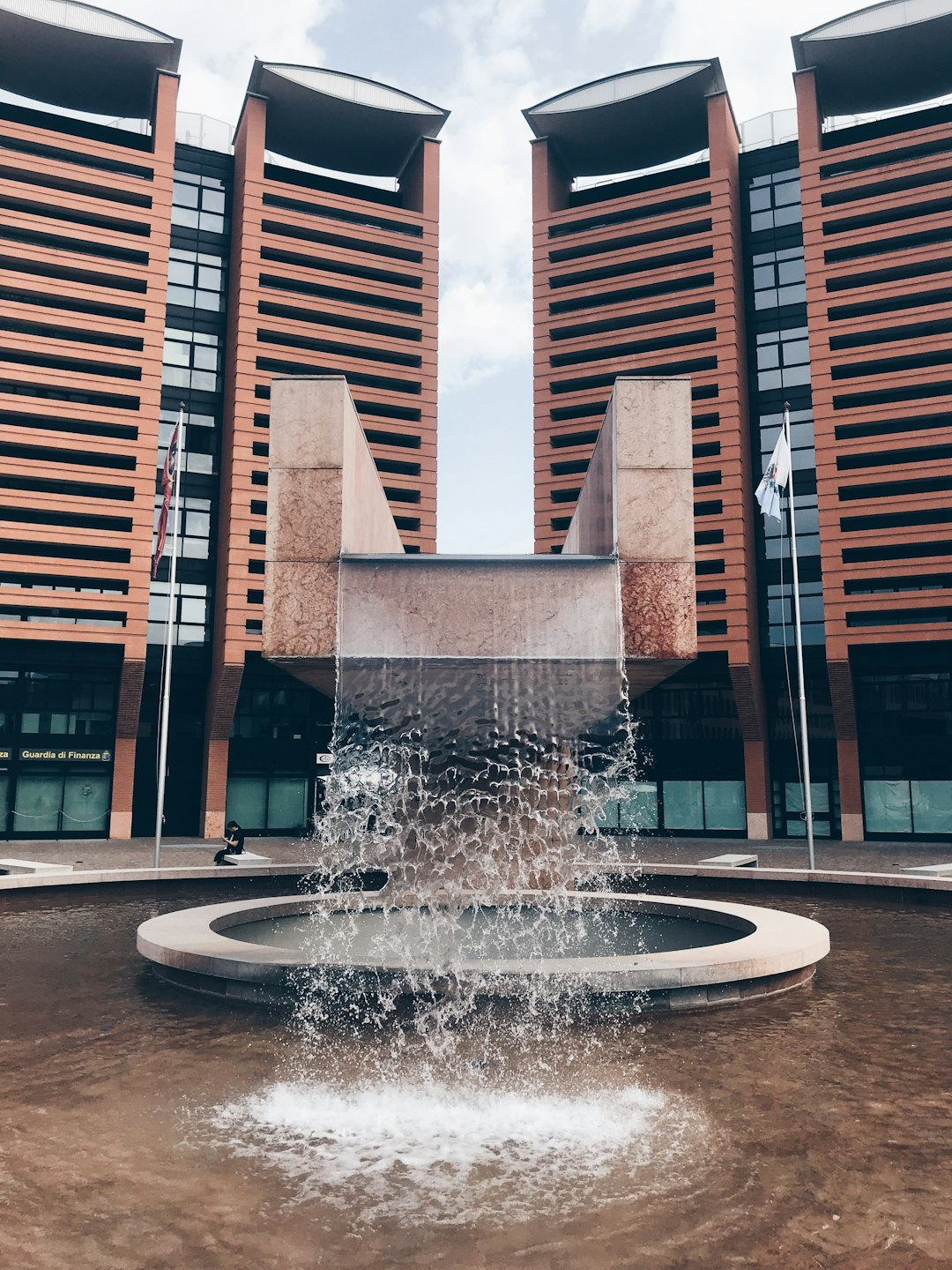Urban/Regional Planner Kaiwhakamahere Tāone/Rohe
Urban/regional planners develop and administer plans for physical, environmental, social and economic development of urban and rural areas.
Professional registration with the New Zealand Planning Institute (NZPI) is recommended but not compulsory.
Urban/regional planners may do some or all of the following:
- plan and design buildings, streets, subdivisions, parks, reserves or sports facilities
- prepare plans up to 20 years ahead
- examine how areas are developing and the effect of proposed developments
- collect and analyse economic, social and environmental data
- manage projects, including communications strategies
- write and present reports on behalf of councils, companies, applicants and submitters at resource consent, environmental, and other hearings.
Useful Experience
Useful experience for urban/regional planners includes:
- work as a planning assistant for councils or consultant firms
- work on a building site
- draughting or research work
- volunteer work for community or environmental groups, or organisations such as the Department of Conservation.
Personal Qualities
Urban/regional planners need to be:
- able to relate to a wide range of people
- strong communicators
- good at risk analysis
- able to handle conflict
- open-minded
- persuasive.
Skills
Urban/regional planners need to have knowledge of:
- local and national government processes
- environmental and economic issues
- different building methods
- planning legislation such as the Resource Management Act and the Local Government Act
- the New Zealand Urban Design Protocol, a commitment by central and local government, property developers and investors, design professionals, educational institutes and other groups to undertake specific urban design initiatives.
Conditions
Urban/regional planners:
- usually work regular business hours, but may need to work weekends or evenings
- work in offices, but often visit construction sites and proposed development sites
- may travel nationally and overseas to attend public meetings, conferences and seminars.
Subject Recommendations
A tertiary entrance qualification is required to enter further training. Useful subjects include geography, maths, social studies, te reo Māori and economics.
Related Courses
Urban/Regional Planners can earn around $65K-$130K per year.
Pay for urban/regional planners varies depending on their skills and experience.
- Planners usually earn between $65,000 and $130,000 a year.
- Source: Hays, 'Salary Guide FY 23/24', 2023.
Urban/regional planners can progress by moving into senior or managerial positions.
They may also specialise in an area such as:
- Catchment Management Planner
- Catchment management planners advise on the use and development of natural resources, such as fishing quotas, water management, and other environmental activities.
- Policy Analyst (Planner)
- Policy analysts gather and analyse information to assist in the planning, development and interpretation of rules and regulations.
- Recreation Planner
- Recreation planners plan and design recreational facilities such as parks, reserves, swimming facilities and cemeteries.
- Resource Consent Planner
- Resource consent planners process applications for resource consents and take part in resource consent hearings.
- Urban Designer
- Urban designers advise councils, developers and government on land zoning, and how to best use urban spaces.
Years Of Training
3-4 years of training required.To become an urban/regional planner you usually need to have a degree listed on the New Zealand Planning Institute's accredited course list, such as a Master of Planning.

 Tauranga Boys’ College
Tauranga Boys’ College